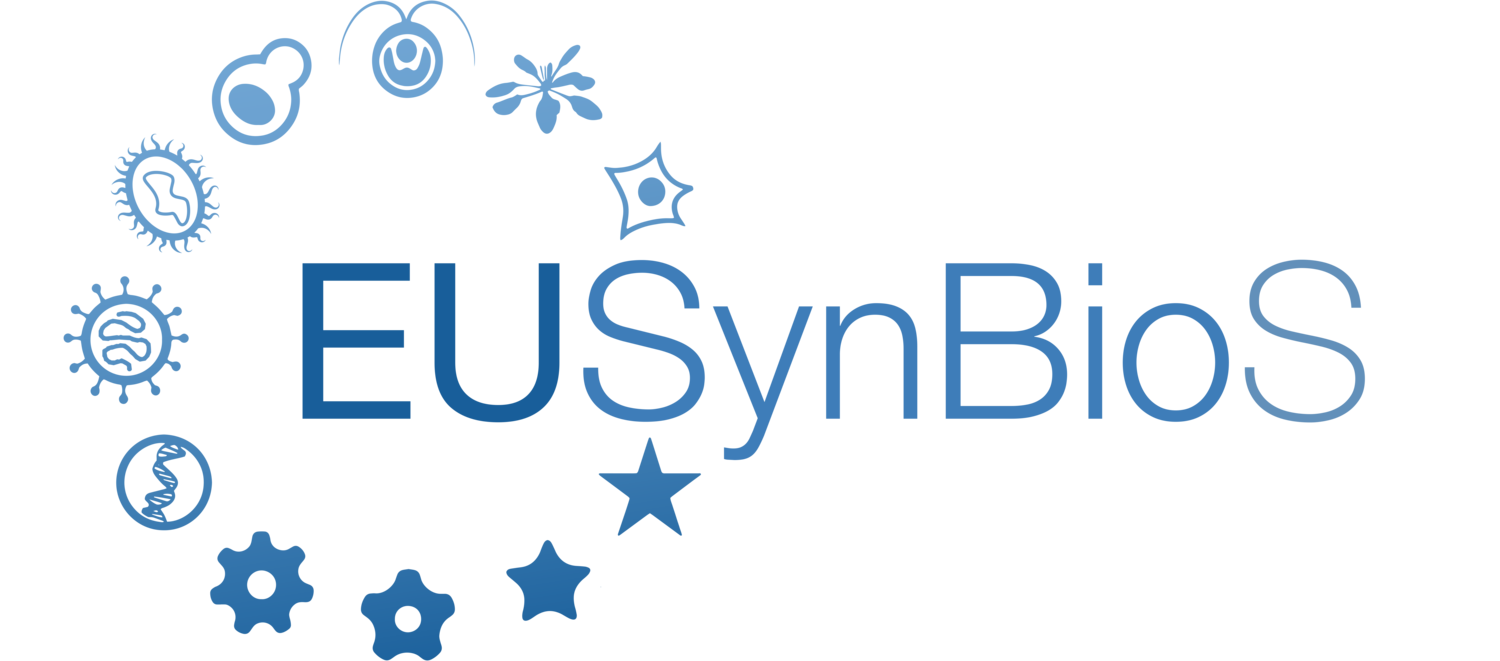2024 Challenge - Environmental Bioremediation 🌱
Challenge: Waste-to-Value Bioconversion
Challenge Description:
In a world challenged by the management of waste, from solid waste to forestry and agricultural biomass, the synthetic biology community is uniquely positioned to address this issue. The challenge is to design and develop innovative bioconversion processes that can efficiently and sustainably transform various types of waste into valuable products such as energy, food, materials, and more. This challenge was carefully created in collaboration with Argento Labs, a company that transforms waste streams into high-value biotechnology products while driving decarbonization and supporting the circular economy.
Specific Objectives:
Waste Stream Identification: Identify a specific type of waste or biomass that is specific to the location, country, or countries where the solution will be implemented (e.g., food waste, agricultural residue, forestry waste). Outline the challenges associated with its management and conversion, taking into account regional and local waste stream characteristics.
Bioconversion Pathway: Develop a comprehensive bioconversion pathway rooted in the principles of synthetic biology. Employ various synthetic biology techniques, which may include metabolic pathway engineering, genetic circuit design, enzyme engineering, and other innovative strategies to enable the conversion of the specific waste stream into valuable end products. Emphasize the molecular biology techniques, genetic modifications, enzymatic reactions, and other synthetic biology elements that drive this bioconversion process. Illuminate how these synthetic biology approaches work together to achieve efficient waste management and resource recovery, embodying the essence of scientific precision and innovation.
Sustainability and Efficiency: Emphasize the sustainability of the proposed process, including resource efficiency, reduced environmental impact, and scalability. Explore resource efficiency, reduced environmental impact, scalability, and, importantly, biosafety and biosecurity measures to prevent the escape of genetically modified organisms (GMOs). Highlight the strategies in place to minimize risks and ensure responsible practices in the waste-to-value transformation, embodying the principles of sustainable synthetic biology.
Product Innovation: Focus on the range and quality of end products, emphasizing both the potential for entirely new product development and innovative new applications of existing products within the context of waste conversion. The proposed solutions should showcase novelty and creativity, whether it's the introduction of entirely new products or the application of established solutions in a different waste stream to create innovative and valuable outcomes.
Economic Viability: Consider the economic feasibility of the proposed bioconversion process, taking into account the unique economic and market conditions of the country or countries where the solution will be implemented. Explore potential revenue streams, cost-effectiveness, and adaptability to the local economic landscape. Evaluate how the solution aligns with regional needs and market dynamics, ensuring that it can thrive within the given economic context.
Judging Criteria:
Efficiency and effectiveness of the bioconversion process.
Sustainability and environmental impact.
Innovation and quality of end products.
Economic viability and market potential.
Clarity and presentation of the proposed solution.
Let’s get brewing!
Interested in joining the SynbioBrewery, solve challenges, learn topics such as entrepreneurship and meet like-minded people? Drop your information below to join our communities in JOGL, where the challenges and competitions are being hosted. Upon registering, you will receive an invitation via email to create your profile in JOGL and will have access to all the benefits of joining our communities.




